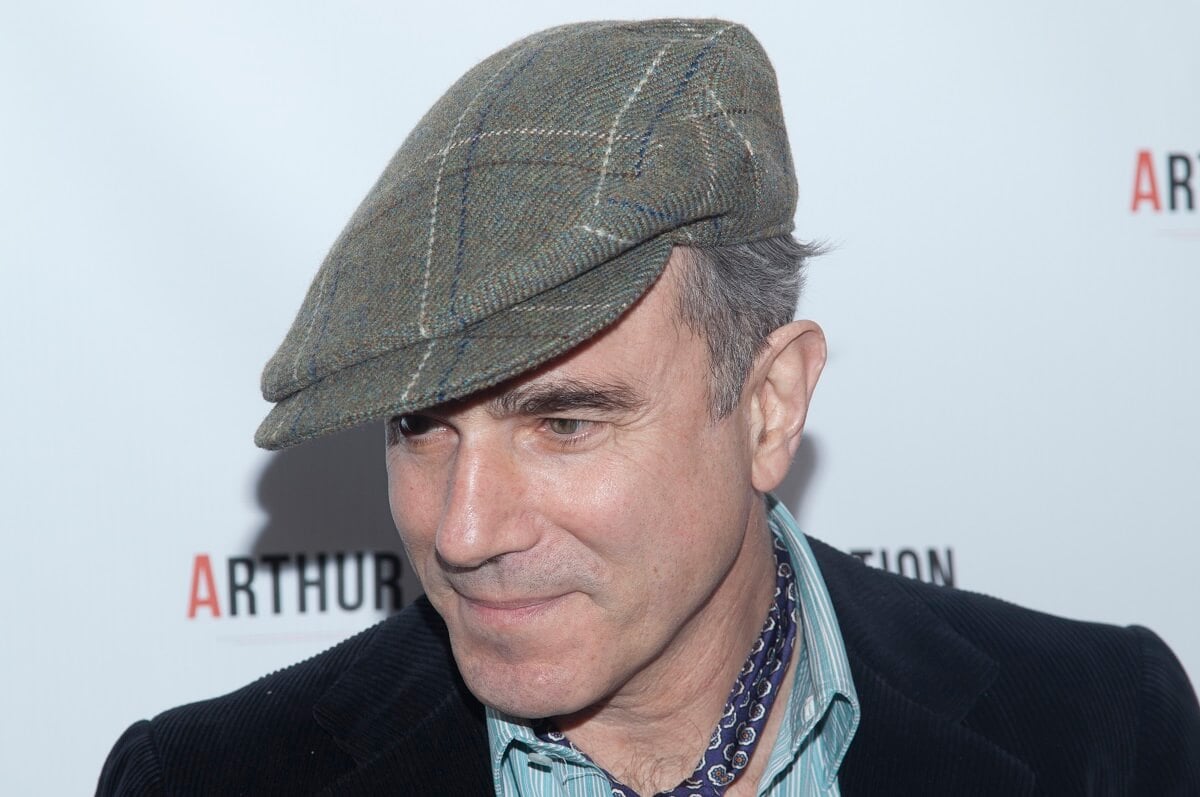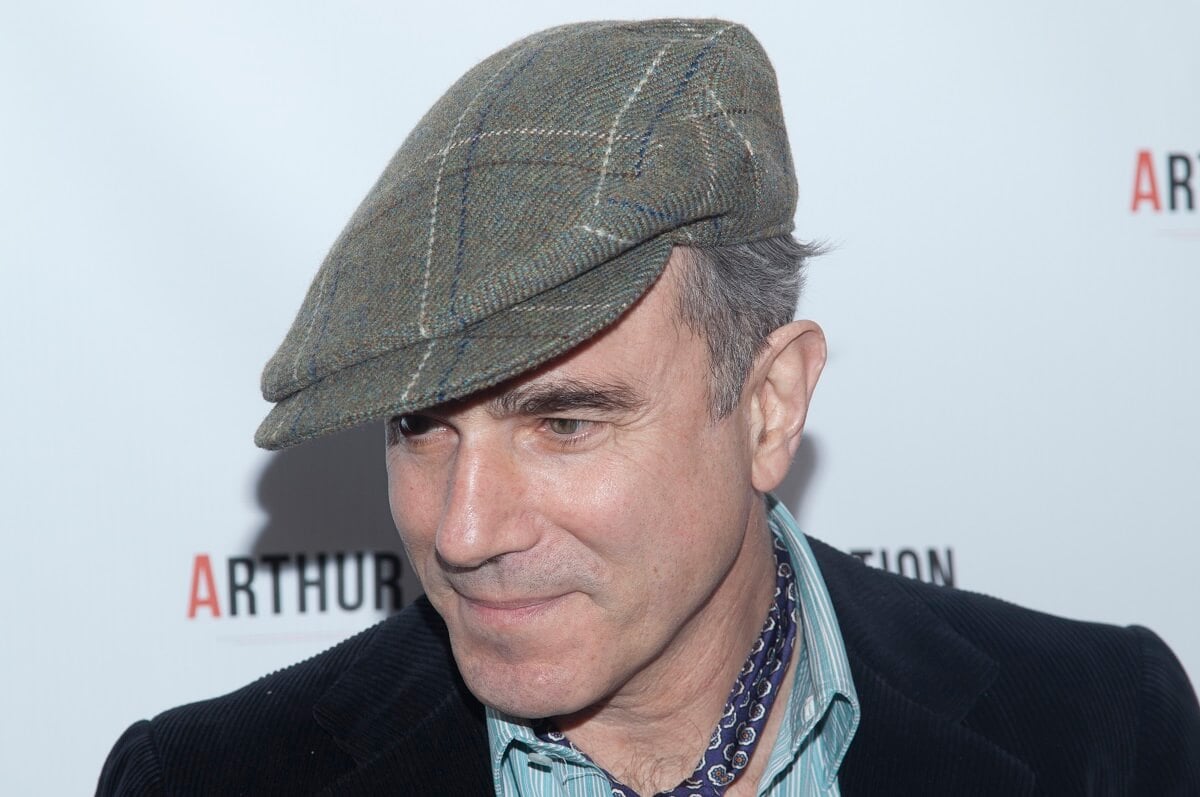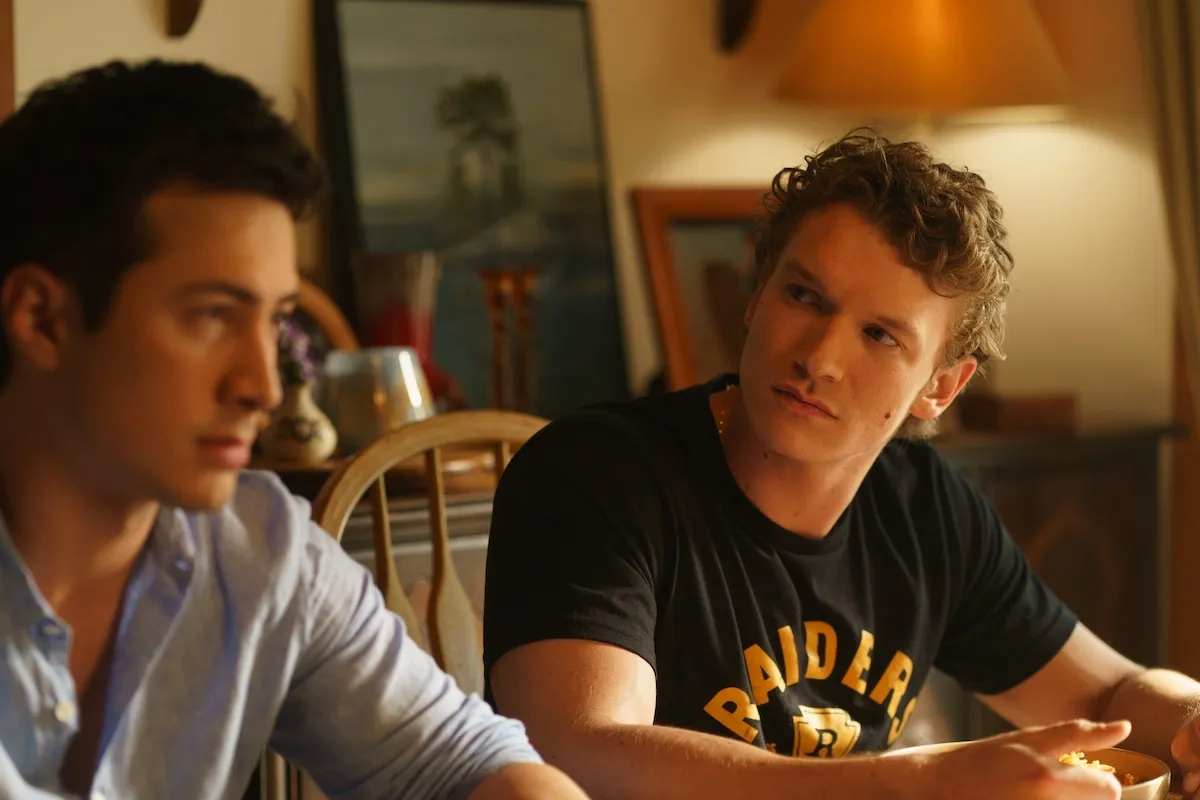
Daniel Day-Lewis Refused to Work Full Time on Stage Because of a Rude Audience
Actor Daniel Day-Lewis is not exactly a stranger to doing stage work. But performing in front of a rude audience made the actor vow to never work with a particular theater company again.
Daniel Day-Lewis walked away from a film career with England’s Royal Shakespeare Company because of a rude audience

As is the case with many actors, Day-Lewis began making a name for himself on stage. The Lincoln star was acting in theaters since the age of 11. One of the reasons why he continued acting in plays was because no one discouraged him from his passion. If someone had, Day-Lewis might have ended up like many child actors.
“Everyone does it until a certain age, and then they think, or they’re encouraged by grownups to believe, that perhaps they should do something else. But no one ever said to me, ‘This is a bad idea.’ So I just carried on,” Day-Lewis once told American Cinema Papers.
Day-Lewis’ work for theater eventually led to him being in England’s Royal Shakespeare Company. There, he did a tour with Romeo and Juliet. But the audience in England’s Royal Shakespeare Company might have been a bit different than what Day-Lewis was used to. Most of the time, Day-Lewis had to deal with disorderly kids in attendance.
“If they’re not throwing stones at other people’s windows, they’re going to see Romeo And Juliet,” Day-Lewis once said according to Contact Music. “You walk on stage and you had to wait for 10 minutes for them to stop laughing before you could even get a word out.”
The RSC tried offering Day-Lewis the opportunity to work for them full time. Day-Lewis declined.
“I said, ‘Here’s the thing, I’m gonna be unemployed when I leave this room and I don’t know how long I’m going to be unemployed for, but, for however long it is, I would rather be unemployed than work with any of you people,’” he remembered saying. “Strangely enough, I haven’t been invited back to the Royal Shakespeare Company since that time.”
Daniel Day-Lewis once addressed the rumor that he quit theater because he saw the ghost of his father
After achieving cinematic success, Day-Lewis seemed to eventually part ways with theater work. But there were rumors that the My Left Foot star did so after a supernatural encounter with his father in his last play. His father died of Pancreatic Cancer when he was 15-years-old. In 1989, the film star allegedly saw his ghost when he played Hamlet at the National Theater.
Stage Milk reported that Day-Lewis felt like he was having a conversation with his father during the play.
“Unnerved, he walked off the stage and never returned,” the report said.
In a resurfaced interview with Time, Day-Lewis shared the rumors weren’t too far off. But they weren’t exactly accurate, either.
“To some extent I probably saw my father’s ghost every night,” Day-Lewis said. “Because of course if you’re working in a play like Hamlet, you explore everything through your own experience.”
Day-Lewis asserted that it’s possible that the story surrounding Hamlet might have made him reflect on his own relationship with his father.
“That correspondence between father and son, or the son and the father who is no longer alive, played a huge part in that experience. So yes, of course, it was communication with my own dead father,” he said.
But the Gangs of New York star wasn’t sure if he experienced any literal paranormal activity while performing.
“I don’t remember seeing any ghosts of my father on that dreadful night,” he said.
Why Daniel Day-Lewis retired from acting
Recently, Day-Lewis decided to stop acting altogether. It wasn’t a decision that the method actor made on a whim, however. Despite his numerous accomplishments, he’d been mulling over retirement for years.
“I did want to draw a line,” he said to Variety. “I didn’t want to get sucked back into another project. All my life, I’ve mouthed off about how I should stop acting, and I don’t know why it was different this time, but the impulse to quit took root in me, and that became a compulsion. It was something I had to do.”


